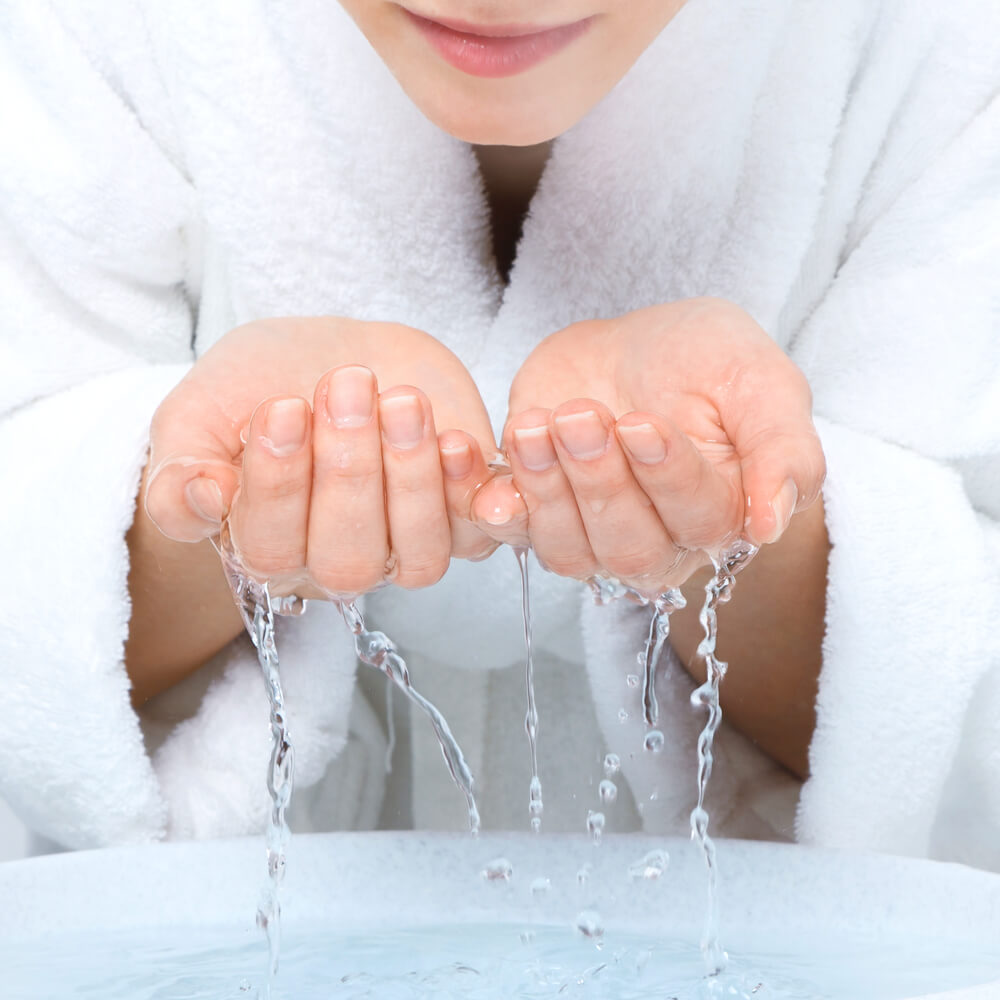Water is an essential commodity in every home. As such, owning a home in an area with enough water supply is part of the priorities for every homeowner. The only problem is that you may have sufficient water supply, but if it is hard water, it may pose challenges in one way or another. When water passes through rock formations and picks up magnesium and calcium, it becomes hard water. Some of the issues you may experience as a result of hard water include an increase in maintenance cost of water-using appliances, scum on shower walls, water heaters that operate inefficiently, and clogging of water pipes. Here are some hard water problems and solutions for the same.
1. The Presence of Chlorine
If your water has a foul smell or taste, it a sign of the presence of chlorine. Since chlorine is a powerful oxidant, it is ideal for maintaining swimming pools, bleaching, and as a disinfectant. Additionally, chlorine disinfects public water supplies to manage bacteria levels in drinking water and kill harmful agents that seep into groundwater, lakes, streams, or rivers.
Solution
If you want to remove chlorine from the water you use within your house, you should consider investing in a whole house water filter system. Also, an entire home filter system can eliminate chlorine from water and soften it if it is hard. That is possible because the system combines chlorine removal and water softening in one integrated equipment.
2. Bacteria in The Water
Both water surfaces and well water harbor such microorganisms like cysts, bacteria, protozoa, and viruses. When you ingest these microorganisms, you may suffer severe illness, which is why neutralizing the same is critical. Bacteria can present as a slime build-up in your toilet tank, and the water in your home will also taste bad. If you want to know the bacteria present in your water, hire a professional to test it.
Solution
When an expert identifies the bacteria affecting your water supply, they should recommend the right treatment. In most cases, a chemical-free UV (ultraviolet) system can get rid of bacteria from water. Plus, you can easily install it on both municipal and well water supplies. On the other hand, acquiring a chlorine or peroxide system is a wise decision if you want to eliminate organic or reductive bacteria from water.
3. Toxic Chemicals
Also known as Volatile Organic Contaminants (VOC), toxic chemicals in water can cause health problems. These are human-made chemicals, which can find their way into the water you use at home. They include herbicides, TCE, pesticides, PCB, insecticides, THM, benzene, and PCE. Toxic dumping/spills, leaking underground storage tanks, leaking landfills, and industrial runoffs are responsible for the contamination of drinking water by toxic chemicals.
You can ingest toxic chemicals through skin absorption when bathing, in your drinking water, or by inhaling in the shower. These chemicals are known to cause cancer when humans come into contact with them.
Solution
A whole house filter system removes toxic chemicals from water, and you can use specialty resins in the system depending on your requirements. Alternatively, you can opt for a reverse osmosis system if you want the best quality of drinking water in your home.
Conclusion
Your health and that of your loved ones is paramount. For that reason, ensure that your home water supply is enough for your needs and also safe for use. Otherwise, you may end up spending a lot seeking medication before you realize that you have a hard water problem. By inviting a professional to test your water, you are not only safeguarding your health but protecting your home fixtures and appliances too.
If you need more information on hard water problems, contact us today!






